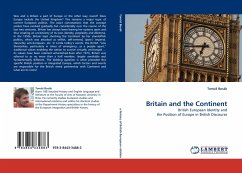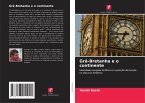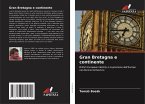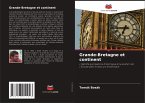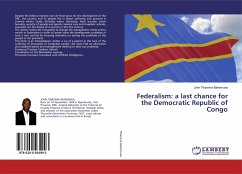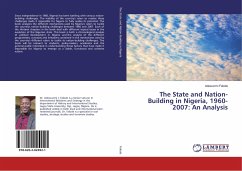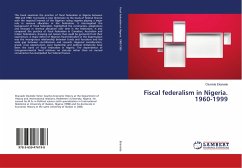Was and is Britain a part of Europe or the other way round? Does Europe include the United Kingdom? This remains a major topic of current European politics. The exact connotations that the concept evokes have evolved gradually but considerably over the course of the last two centuries. Britain has always been leaving her options open and thus creating an uncertainty of its own identity, perplexity and dilemma. In the 1950s, Britain kept shocking the Continent by her standoffish politics, which was attacked as selfish, self-centred, (post-) imperial, staunchly anti-European, etc. In Linda Colley's words, the British "saw themselves, particularly in times of emergency, as a people apart," traditional values enabling the nation to survive virtually unchanged ... its values have been retained untarnished.Even after 1973, Britain was referred to as no more than a half member, largely unreliable and fundamentally different. The bidding question is what preceded this specific British position in integrated Europe, which factors and events are responsible for the British weird partnership with Continent and what are its roots?
Bitte wählen Sie Ihr Anliegen aus.
Rechnungen
Retourenschein anfordern
Bestellstatus
Storno

